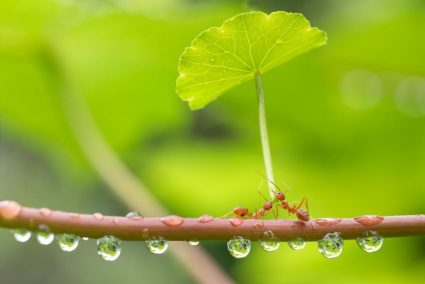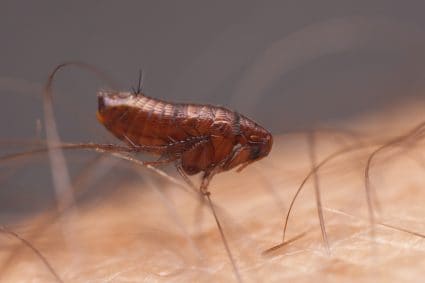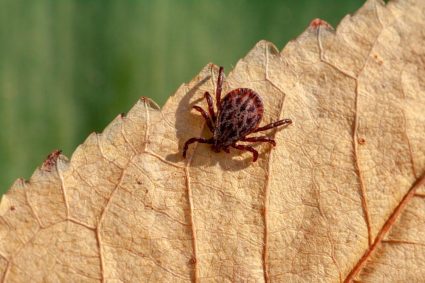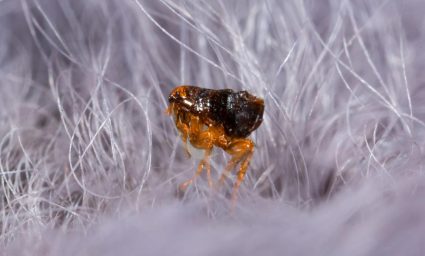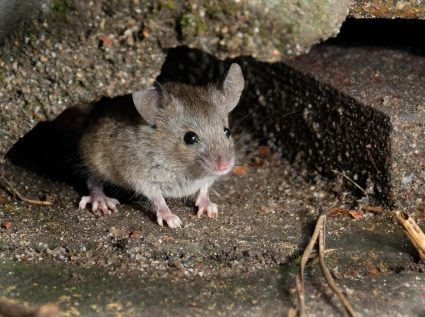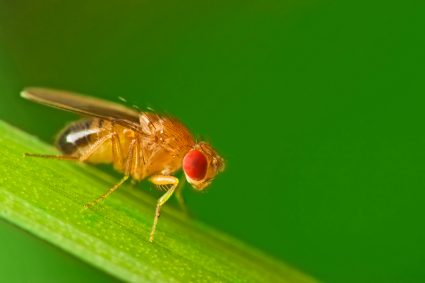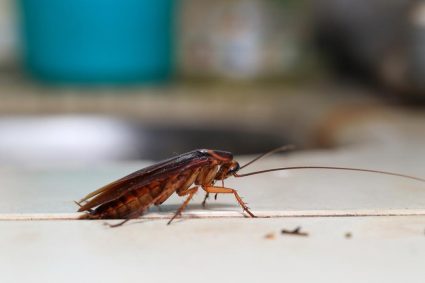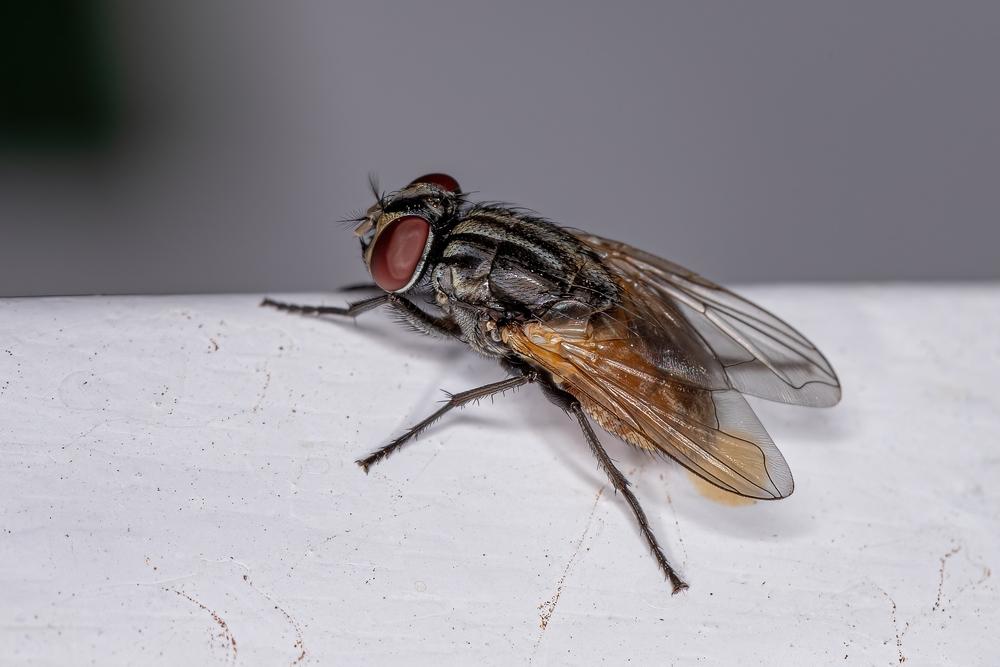
Flies are a common household pest that can be a nuisance and pose a health risk due to their ability to spread diseases. Understanding how flies get into your house can help you take measures to prevent them from invading your home. In this comprehensive guide, we will explore the various ways flies can enter your home, the types of flies you might encounter, the conditions that attract them, and effective methods to prevent and get rid of them.
Flies can enter your house through various ways such as open doors and windows, damaged screens, and cracks in the foundation. They are attracted to decaying organic matter, warmth, and potential breeding grounds. They can sneak in through gaps around pipes or hitch a ride on warm air currents coming from your home. Flies are more likely to enter homes during late spring, summer, and fall months.
Ways Flies Enter Your Home
Flies can enter your home in several ways. The most common entry points include open doors and windows, damaged screens, and cracks in the foundation. For instance, house flies, fruit flies, and drain flies are attracted to decaying organic matter, warmth, and potential breeding grounds. They can sneak in through gaps around pipes or hitch a ride on warm air currents coming from your home.
Common Types of Flies in Households
Understanding the types of flies found in households can help you develop a targeted approach to prevent and control infestations. Some common types include house flies, fruit flies, drain flies, cluster flies, blow flies, little house flies, picturewinged flies, fungus gnats, small fruit flies/vinegar flies, and moth flies.
Factors That Attract Flies
Several conditions and factors in a home can attract flies. These include decaying organic matter, moist environments, uncovered garbage cans, animal carcasses, fermenting fruit, spilled soda, heat, and light. Maintaining a clean environment, managing waste properly, and sealing openings can help minimize these attractive conditions.
When Flies Are Most Likely to Enter Homes
Flies are more likely to enter homes during specific times of the year, particularly in late spring, summer, and fall months. During colder months, flies are usually in their pupal stage, buried beneath the soil, and emerge as adult flies after winter to begin their mating cycle again.
Health Risks Associated with Flies
Flies pose several health risks due to their ability to transmit diseases and contaminate food. House flies are suspected of transmitting at least 65 diseases to humans, including food poisoning, dysentery, diarrhea, and more. To minimize these risks, it is crucial to maintain proper sanitation and exclusion measures.
Signs of a Fly Infestation
Signs of a fly infestation include seeing flies in increasing numbers, small dark clusters of spots, and finding maggots in waste. If you spot these signs, it is recommended to contact a licensed pest control professional to conduct an inspection and provide appropriate treatment.
Preventing Flies from Entering Your Home
Prevention is the first line of defense against flies. This includes keeping doors and windows closed, installing insect screens, maintaining cleanliness, moving mulch piles and garbage cans away from your house, using natural fly repellents, creating homemade fly traps, and keeping outdoor areas clean and tidy.
Getting Rid of Flies
If flies have already entered your home, there are several effective methods to get rid of them. These include maintaining cleanliness, using natural repellents, creating vinegar and dish soap traps, using homemade fly traps, electric fly swatters, sticky fly traps, and cayenne pepper spray.
In conclusion, understanding how flies get into your house and the conditions that attract them can help you implement effective prevention and control measures. With the right strategies, you can keep your home fly-free and comfortable.
Frequently Asked Questions
What are some natural repellents for flies?
Some natural repellents for flies include essential oils such as lavender, lemongrass, peppermint, and citronella. You can use these oils to make a homemade fly spray. Additionally, plants like basil, lavender, and lemongrass are known to repel flies and can be grown around your home for extra protection.
How do vinegar and dish soap traps work for flies?
Vinegar and dish soap traps work by attracting flies with the smell of vinegar. The flies are then trapped by the dish soap, which breaks the surface tension of the vinegar, causing the flies to sink and drown.
What are the signs of a severe fly infestation?
Signs of a severe fly infestation include large numbers of flies buzzing around your home, finding maggots in garbage cans or decaying organic matter, and the presence of dark clusters of spots – which are fly feces – on walls or other surfaces.
Are all types of flies harmful?
Not all flies are harmful. While some flies, like house flies and fruit flies, can carry diseases and contaminate food, others are harmless and may even be beneficial for the environment by pollinating plants or serving as a food source for other creatures.
How can I prevent flies from breeding in my home?
You can prevent flies from breeding in your home by maintaining cleanliness, especially in areas like the kitchen and bathroom. Dispose of garbage regularly, clean up food spills immediately, and make sure to keep your drains clean and free of organic matter. Additionally, sealing cracks and openings in your home can prevent flies from finding a suitable breeding ground.

